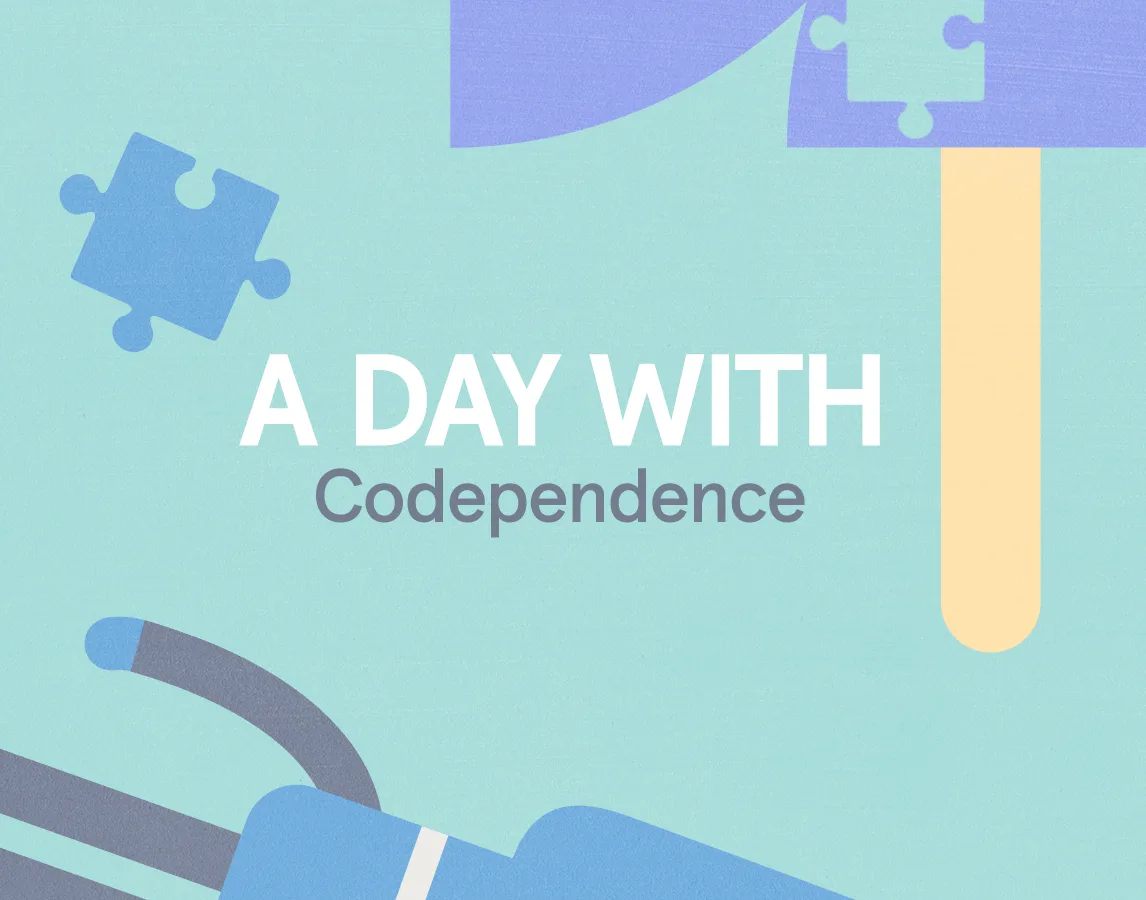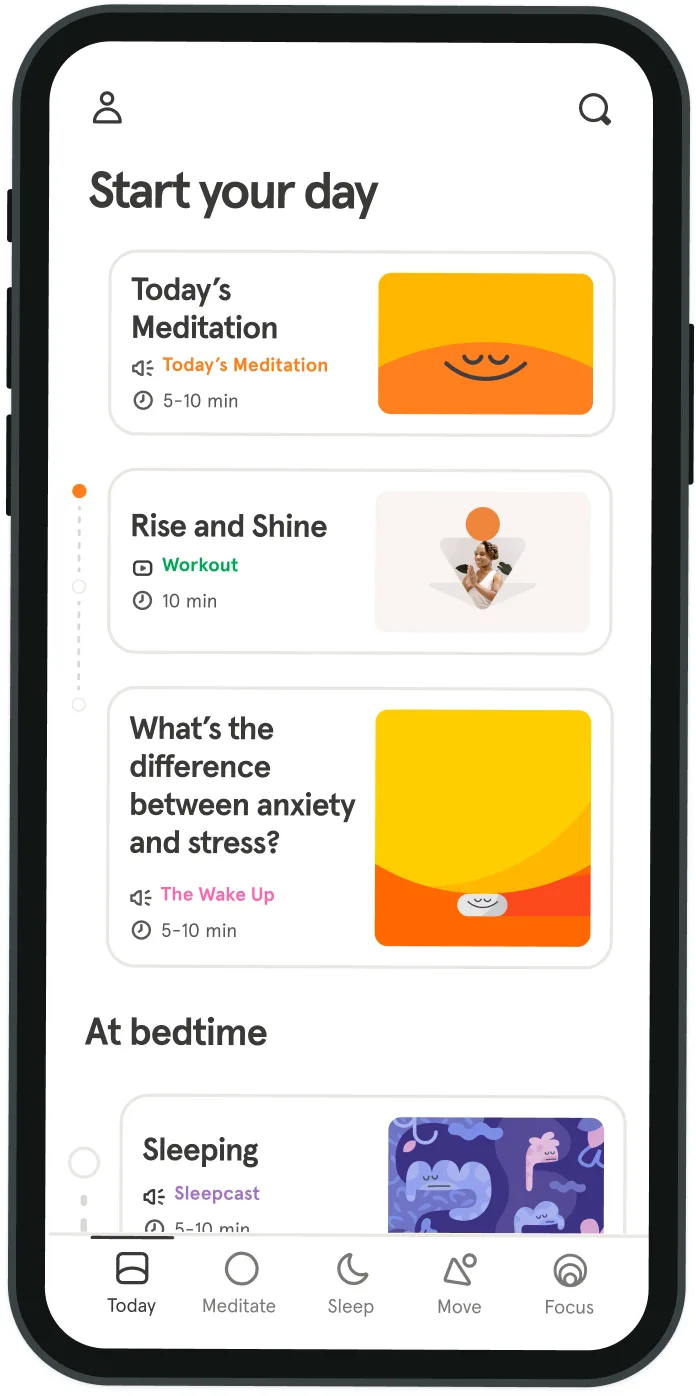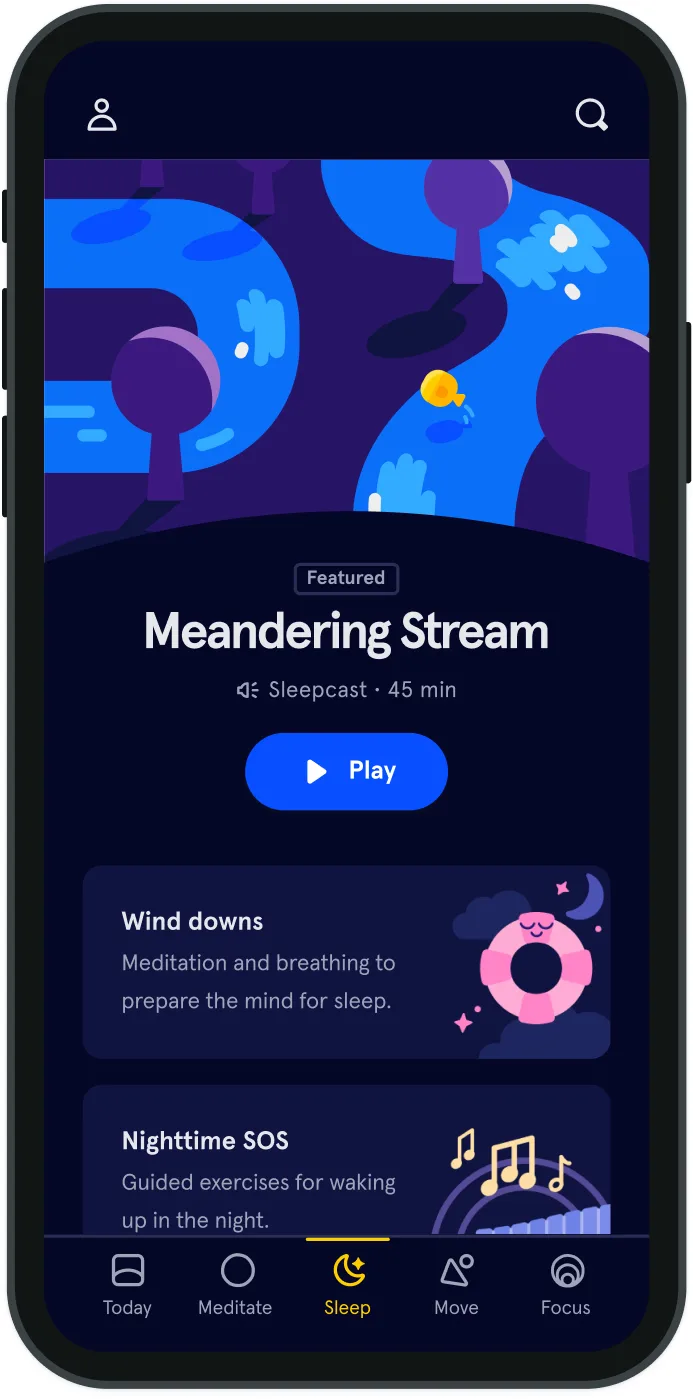A Day With: Codependency
[Editor’s Note: This piece is part of an ongoing series of personal essays on what it’s like to live with a mental health diagnosis. Each piece describes a singular and unique experience. These essays are not meant to be representative of every diagnosis, but to give us a peek into one person's mind so we may be more empathetic to all.]
I’m 28 years old and I’ve never been in a fully committed relationship.
In “Codependency For Dummies”, Darlene Lancer refers to it as the disease of the lost self, and among the countless definitions, I find this most accurate. I never associated myself with "disorders" because I felt they were stigmatized, dirty words that might have propelled my sense of self-loathing had I validated them with a name. The big D's—daddy issues and dysfunctional families—were things that "needy" girls had, titles that filled me with shame. While romantic relationships were the hallmark of my codependence, the story that illustrates my loss of self most definitively took place in a New York hostel many years ago. I woke up one morning to a man hovering over me, groping my bare breasts under my shirt, and when I called him off he said, "I was just closing the window." He got up and sat back in his bed as if nothing happened. For about two minutes after, I lay there paralyzed, asking myself if what had just happened was wrong before I got up and asked for help. For years, I felt shame for those two minutes, questioning what many others had clearly realized as assault. The shame of wondering lingered far longer than the assault itself. That loss of voice, that line of self-questioning is codependence—the constant unknowing and untrusting of self. It stemmed from years of being in a reactive state in a dysfunctional home, living with a mother who was part superhero, part emotional oppressor, and an angry alcoholic father with the emotional availability of a garden gnome. If I catch myself thinking life is tough now, I mentally revisit the hallway I paced like a zombie in the winter of 2014 barely breathing between words, replaying texts and discussions, begging to understand how I'd failed to please my partner yet again. I never told my friends that one solitary pimple on my bikini line had overshadowed my thoughts for three days that year, fearing that the man I desired, that supposedly loved me, would be disgusted by my self-diagnosed abnormality. I never told them that I'd consistently spent money far beyond my means to entice him to events in order to spend more time with me or that after each argument, how often I'd carefully calculate how long to be silent enough to get my fix again.
Psychologist Seth Meyers, explains "[the codependent will] feel anxiety more consistently than any other emotion in the relationship—and they'll spend a great deal of time and energy either trying to change their partner or … trying to conform to their partner's wishes.'" I'd wake up from my disappointment and apologize just to spend another day in denial. I would apologize for things I wasn't sorry for, and eventually convince myself I'd done wrong: an emotional climate that first resembled love and happiness became a constant place of despair. In the beginning of that year, my partner would tell me how he could see himself spending the rest of his life with me (but not just yet), and by the end, he’d tell me he hated me. I clung to the former false promises and failed to accept my reality. I cried often, but not as often as I deserved. Every time I presented a new heartbreaking scenario to my friends I tried to shape it like a new discovery so I wasn't filled with the shame of my self-imposed entrapment. I remember waking up one morning thinking it would be the day that I would be perfect enough to convince my partner to commit to me fully, but by night's end, I was chain-smoking on my porch writing frenzied texts, demanding my comeuppance to no avail, drinking wine through shameful tears. Most of the next day would be spent apologizing, giving up chunks of myself with each sorry. For years, many days started and ended this way. Until one day, I’d had enough. I no longer recognized myself through all the shame. I checked into therapy. It was both the kindest and most difficult thing I’ve ever done. I spent the first six months in that chair sobbing, uncomfortable whenever I had to address my own feelings, slightly ashamed that it was difficult to discern them. Over time, I started to form a relationship with the little girl inside me, the one who needed so desperately to feel heard. We’d practice envisioning her, speaking to her, healing her directly. I’ve since come to know her well, and call upon her when I’m feeling fragile to remind her that she is safe and loved. Once I purged all the narcissistic people in my life that fed my condition, I did not know who I was or what to do with myself. I was so busy imitating interests, becoming an ideal mate, gifting and showering them with love I suddenly felt lost. And at first, that was scarier than the emotional chains because—all at once—I felt aimless and alone. Over time, I’d find freedom and liberation from that space, one I sometimes still struggle to navigate.
For the majority of my life, most of my partnerships were conditional. At first, I thought love would stop being painful, the “normal” kind would waltz in, and I’d get to share the narrative everyone else seemed to have. Instead, I’d convinced myself that I was defective, and what I'd come to know as love was my best hope. It wasn’t until I took a proverbial pickaxe to my self-esteem that I crawled into therapy and realized I was a codependent. Melody Beatty's famous book “Codependent No More” sat on the bookshelf for most of my childhood, so I guess you could say it runs in the family. While I was unknowingly inheriting the emotional baggage of my parents, I never really understood what it meant. Mental Health America defines codependency as the result of a dysfunctional family dynamic, “a learned behavior that can be passed down from one generation to another. It is an emotional and behavioral condition that affects an individual’s ability to have a healthy, mutually satisfying relationship." To me, that’s the simple definition. A WebMD article goes on to explain, "These kids are often taught to subvert their own needs to please a difficult parent, and it sets them up for a long-standing pattern of trying to get love and care from a difficult person," says Shawn Burn, Ph.D., a psychology professor at California Polytechnic State University, San Luis Obispo. “They're often replaying a childhood pattern filled with development gaps.”
Originally, I didn’t want to attach my name to this piece. Every time I'd sit down to write I'd get anxious and find ways to avoid my own memories. I knew I'd have to revisit old feelings and habits that stir up shame and regret, but as I began to sift through the words I felt a kind of catharsis through my fingertips. The amount of money and energy I exerted to make those days in unloving relationships "perfect" still amazes me. Now, "sober" from my love addiction, I have since written to thank my friends at length for the hours they dedicated to listening to my cyclical narratives, hoping their ears might briefly save me from myself. I've written to the responding officer at the hostel who sat with me outside the district attorney’s office and said to me, "I just want you to know this wasn't your fault." I've even written to men in my life to thank them for being catalysts to my recovery, a constantly moving journey to inner self. My process to emotional freedom started long before I began therapy, while I was still in my last unhealthy relationship. Tiny moments of clarity came to me in the wee hours of painful nights. I’d Google stories of women who'd found freedom even when I wasn't quite ready to. I want to share my story in the hope that I might return that small place of refuge to someone else. Right now there are women like me sorting out faults and failures, trying to figure out how to receive love and we as a society tell them they are "too much." This keeps them from finding answers that are actually helpful, this keeps them from getting closer to themselves, branding them with a defect instead of guiding them to healing. I long for a place where we could be more open about the dysfunctional history most of us share, and believe we should have dialogue that isn’t drenched in shame. My journey has taken years, tears, and hours of reflection and mindfulness and I hope my story can bring freedom to others and the knowledge that they are not alone. I have been granted some of the most gracious female companions that life has to offer, who have treated me with the delicacy and love I needed when I was suffering most. This is dedicated to them.



Be kind to your mind
- Access the full library of 500+ meditations on everything from stress, to resilience, to compassion
- Put your mind to bed with sleep sounds, music, and wind-down exercises
- Make mindfulness a part of your daily routine with tension-releasing workouts, relaxing yoga, Focus music playlists, and more
Meditation and mindfulness for any mind, any mood, any goal
- © 2024 Headspace Inc.
- Terms & conditions
- Privacy policy
- Consumer Health Data
- Your privacy choices
- CA Privacy Notice
